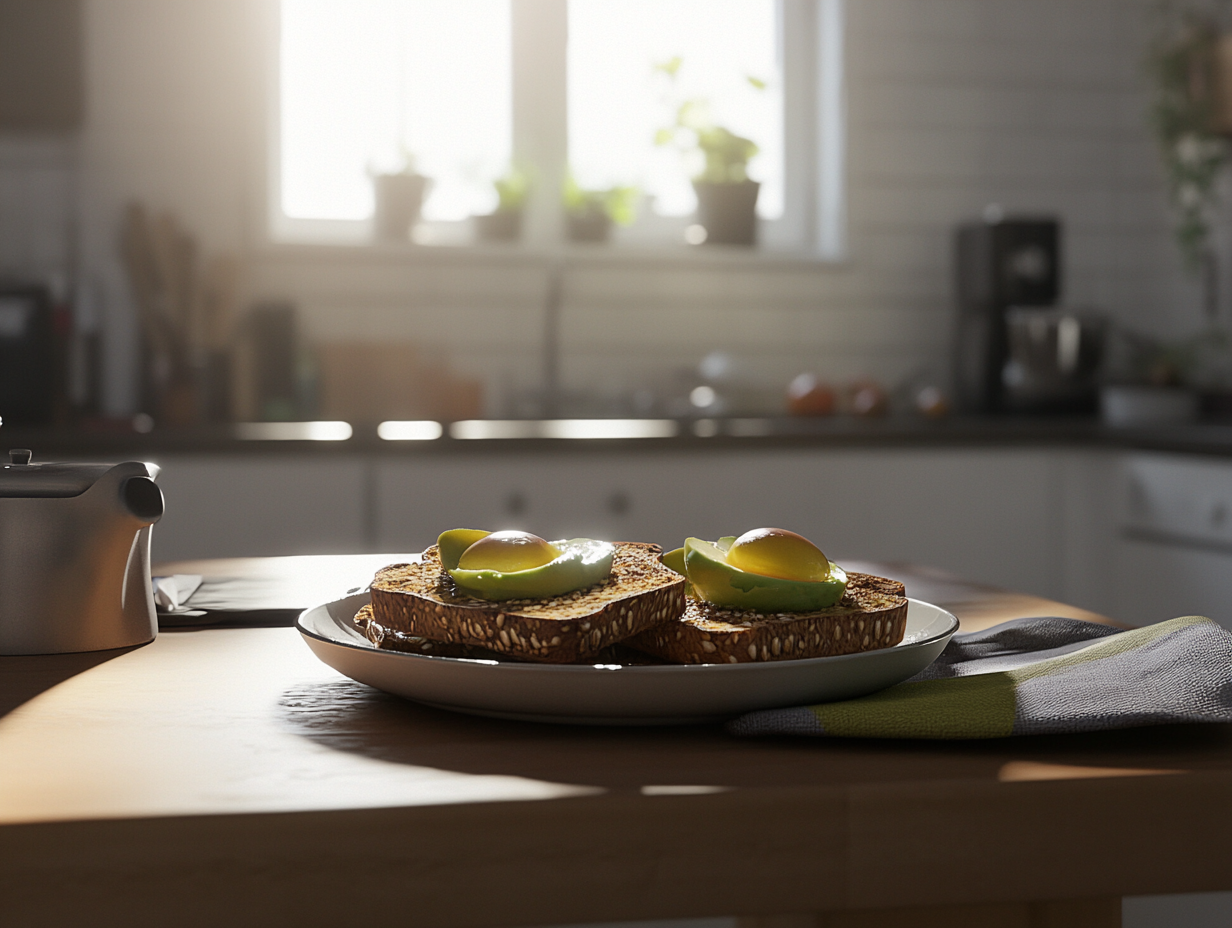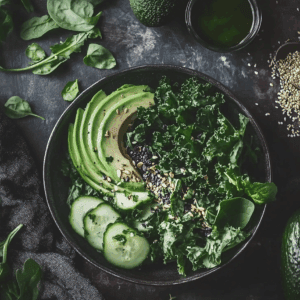What you eat doesn’t just fuel your body - it also fuels your brain.
As we age, nutrition plays a bigger role in how we think, remember, and feel. Certain foods can help protect brain cells, improve mood, and even slow down cognitive decline. The good news? You don’t need complicated recipes or expensive ingredients to support brain health.
In this article, we’ll walk through brain-boosting foods and offer simple meal ideas for breakfast, lunch, dinner, and snacks - designed to keep your mind sharp and your energy steady.
Why Food Matters for Brain Health
The brain uses around 20% of the body’s energy. To work well, it needs a steady supply of nutrients, especially:
🧠 Omega-3s – Reduce inflammation and support memory
🧠 B vitamins – Help with focus and energy
🧠 Antioxidants – Protect against cell damage
🧠 Fibre – Keeps blood sugar steady and supports mood
🧠 Protein – Builds neurotransmitters for communication between brain cells
🧠 Water – Essential for every brain function
👉 Related reading: Feeling Off Lately? It Might Be Something You Ate (or Didn’t)
What a Brain-Friendly Day Might Look Like
Breakfast Ideas
Breakfast kick-starts your brain for the day ahead. Aim for protein, fibre, and healthy fats.
Try:
- Whole grain toast + avocado + boiled egg
- Oats with berries, chia seeds, and a drizzle of honey
- Greek yogurt + walnuts + sliced banana
- Smoothie with spinach, frozen berries, milk, and a spoon of nut butter
Why it works:
Berries and greens are full of antioxidants. Eggs and yogurt deliver protein and B vitamins. Whole grains provide lasting energy.
Lunch Ideas
Midday meals can make or break your energy levels. Focus on colourful veggies and a balance of carbs and protein.
Try:
- Tuna salad with mixed greens, cherry tomatoes, and olive oil dressing
- Whole grain wrap with hummus, grilled veggies, and leafy greens
- Brown rice bowl with lentils, roasted sweet potato, and tahini drizzle
- Omelet with spinach, mushrooms, and a side of toast
Why it works:
Leafy greens like spinach are rich in folate. Lentils and fish provide omega-3s and fibre. Balanced meals help maintain focus and prevent afternoon crashes.
👉 Related reading: Nutrition Tips for Older Adults Living Alone
Dinner Ideas
Evening meals should nourish without being too heavy. Omega-3s, lean protein, and slow carbs are your brain’s best friends.
Try:
- Baked salmon with steamed broccoli and quinoa
- Stir-fry with tofu, snow peas, and brown rice
- Chicken and vegetable soup with barley
- Roast pumpkin and beet salad with feta and walnuts
Why it works:
Fatty fish like salmon are loaded with DHA, an essential fatty acid for memory. Colourful veggies and seeds help reduce inflammation and oxidative stress.
Snack Ideas
Smart snacks keep your blood sugar steady and your brain fuelled between meals.
Try:
- Handful of almonds or walnuts
- Apple slices with peanut butter
- Boiled egg and whole grain crackers
- Carrot sticks and hummus
- Plain popcorn sprinkled with turmeric or cinnamon
Why it works:
Nuts and seeds contain vitamin E and healthy fats. Fresh produce and protein-packed snacks offer brain-boosting nutrients without sugar crashes.
👉 Take a look at the British Nutrition Foundation's one-pager on Healthy Snacks for Older Adults
Stay Hydrated, Too
Dehydration is a sneaky cause of confusion, fatigue, and forgetfulness in older adults. Aim for 6–8 cups of water a day, and add herbal teas or broths to mix it up.
👉 Related reading: How to Tell If You’re Drinking Enough Water
Feed Your Brain With Care
You don’t need a perfect diet - just a few smart, consistent habits.
Start with one better choice per meal. Keep it simple. Stay hydrated. And give your brain the steady, loving support it deserves.
At Elli Cares, we believe food should feel empowering - not overwhelming. We're here to help you remember, nourish, and thrive - one meal at a time.
👉 Learn more at www.elliapp.co








